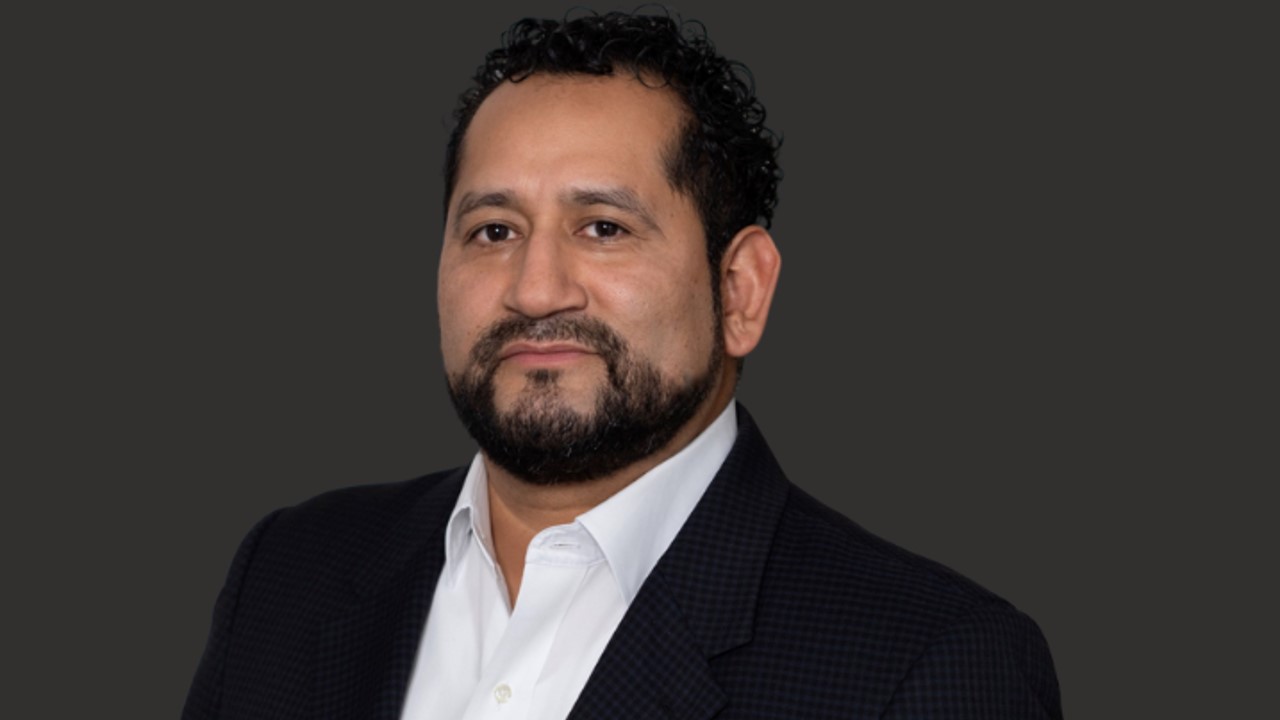Janine Bufi
October 15, 2022
Networking is a huge concept. Making connections when you are young and keeping them as you go through school and move through your life is so powerful.
Do you remember what made you pick ISE as a major? Where has this major taken you in your work?
I knew I wanted to be an engineer but when I first got to the university, I thought I wanted to build things. I took an architecture course to see if that was for me and it wasn’t everything I needed it to be. I came to the UW from serving in the US Army and I had been working with supply chain and logistics there. Industrial and Systems Engineering (ISE) made sense to me.
ISE has taken me from working in logistics in the Army, to getting my degree, working in manufacturing with my first job, and moved me into management consulting with my most current position.

What was something you did during your university career that really moved you forward in your work career?
I walked with my graduating class in June of 2008 but I held back one credit so I could study abroad for a quarter in China. Learning about business and engineering in China was a huge piece I needed to move forward. I spent three months there learning and backpacking around Southeast Asia. It was a very broadening experience.
You sit on the External Advisory Board of ISE and the Alumni Board at the Goizueta Business School at Emory University from which you also graduated, and I know are invaluable in these positions with the experience and guidance you bring. How has networking impacted your life/career?
I believe in networking. It is the single best piece of advice that I can give to students of any age. Network and make it genuine. Be intentional—don't just let it happen. I really learned this in business school as the people that I met and worked with there were from such diverse backgrounds and professions: lawyers, physicians, and other engineers like me; all working and struggling together to solve problems. Networking is a huge concept. Making connections when you are young and keeping them as you go through school and move through your life is so powerful. You never know what connection it will be that will answer your next question or move you forward or what kind of connection you are going to be for someone else. Someone has always been there for me, and I try to be that for people who connect with me. I always pay it forward.
As an ISE student, I didn’t understand that yet. Making networking a part of my capstone experience would have really mattered.
You are the first generation of your family from Guatemala to become an American citizen and live and work in the United States. What have been the benefits of this and the challenges for you?
The “benefits” are that you grow up with the pressure to succeed knowing that your family’s sacrifice goes down the drain the moment you fail. I knew that I had nothing to fall back on if things didn’t go well. I grew up in the U.S. but my parents lived in Guatemala and by the time I was older, I was disconnected from the world I had left behind. It might sound harsh but that was my reality, therefore failing was not an option. A challenge was always not dreaming big enough, not because I didn’t believe it was possible, but because I didn’t know it existed. Growing up, I didn’t know what an engineer was, or what it meant to pursue an MBA. What benefits it had, and what doors it would open. It took me a while to start asking myself, “Why not me?”, “Why not more?” and I don’t mean this in a greedy way, I mean it in an expansive way. And the challenge is also asking myself, “why more?” “Do I need more? Should I do more or do it differently?” “What are my values and what do I want to do and does this meet that?” It’s good to have choices and make informed decisions. I always challenge myself by talking to my peers—they have another viewpoint with many of them coming from families that have lived and worked and succeeded this way for generations. And they see the same kind of value and ability in me. “Why not you?” they say. “Why shouldn’t you move to this next level?”
My parents were both teachers and they sent me here to live when I was eight so I would have opportunities. My mother sacrificed raising me so I would have different choices and when things got hard for me, I remembered her sacrifice and kept going. People who come up the way I did need to know It’s okay to have hard times, it’s okay to struggle, but still have the determination to move forward. Life is about the journey, not the destination. If I could change something in my life, I wouldn’t change a thing!